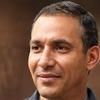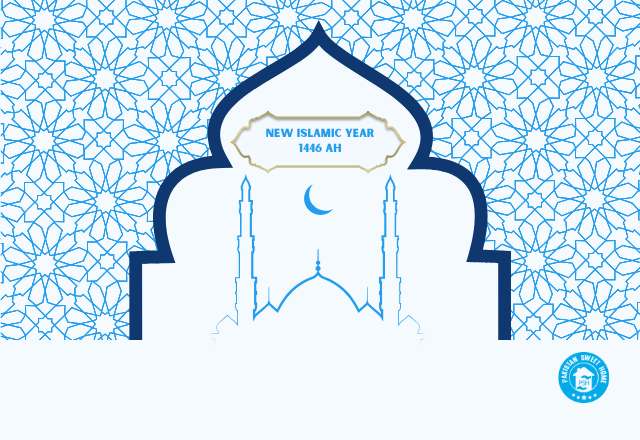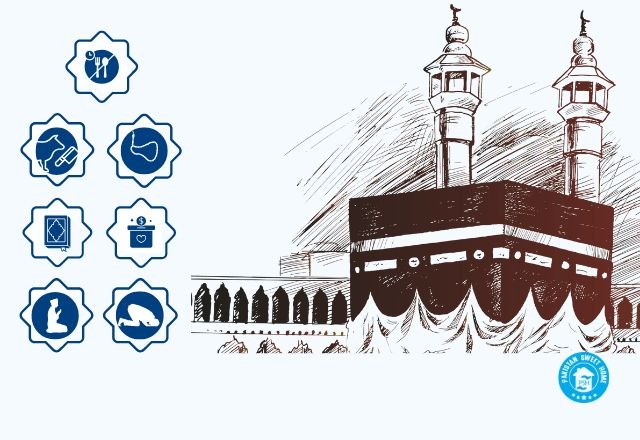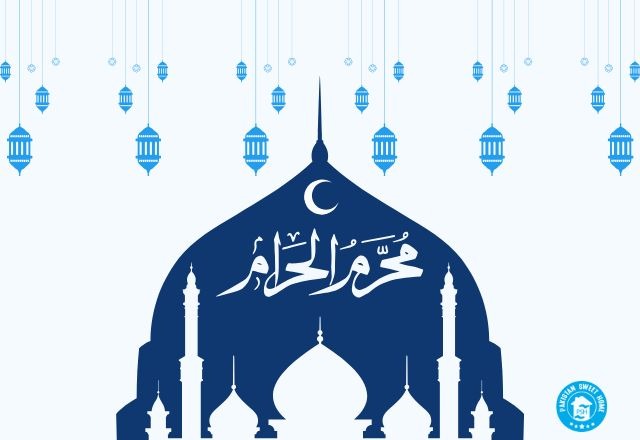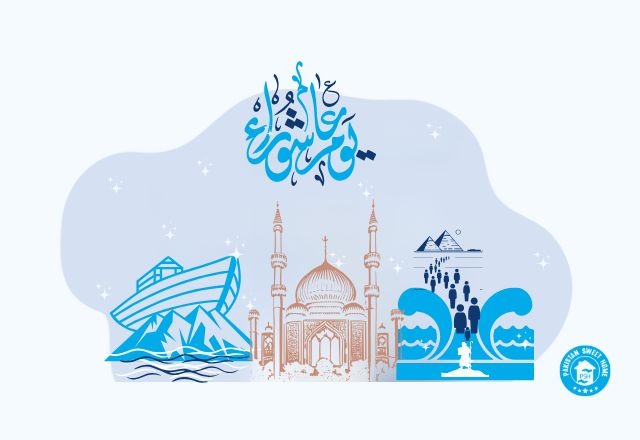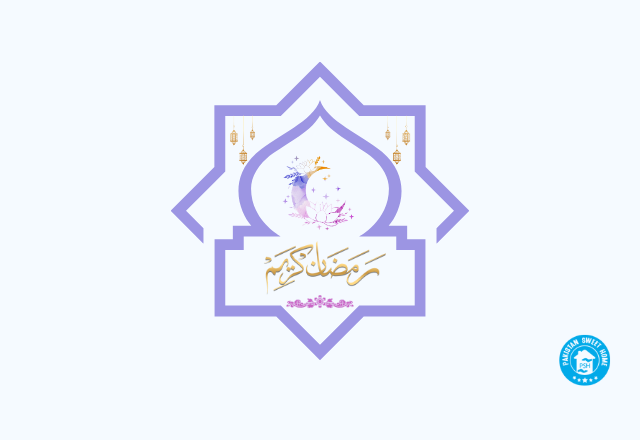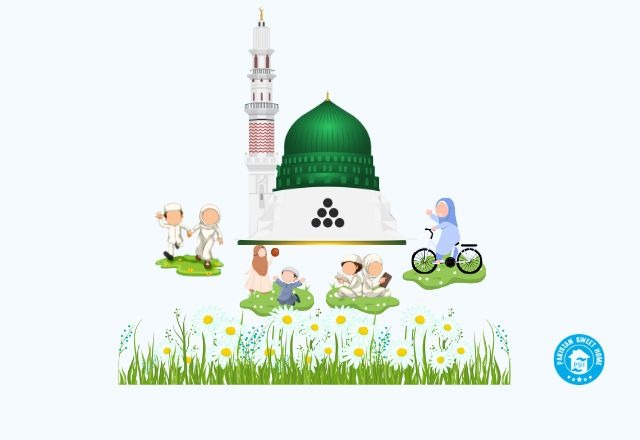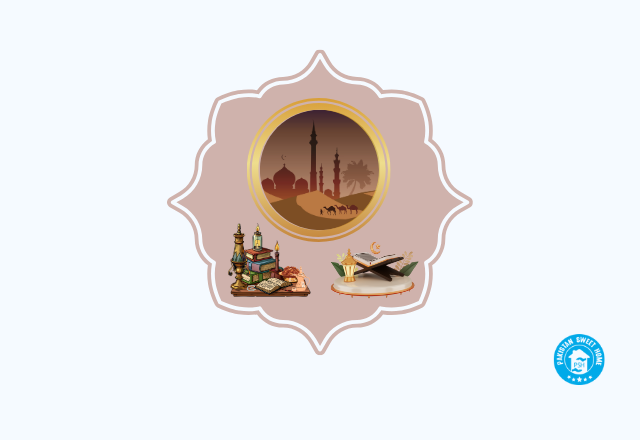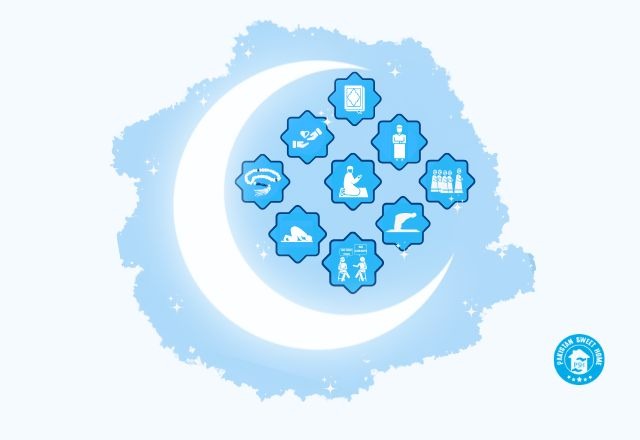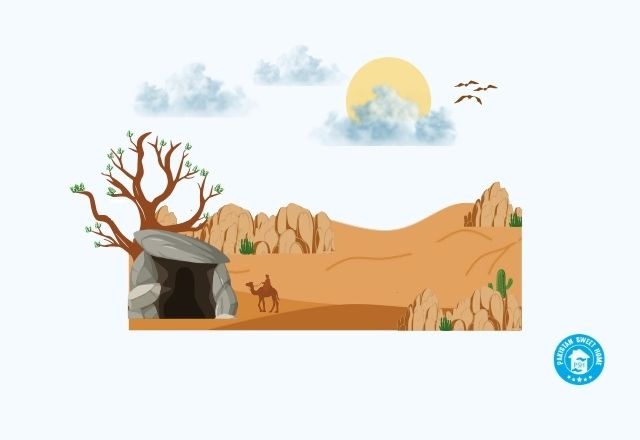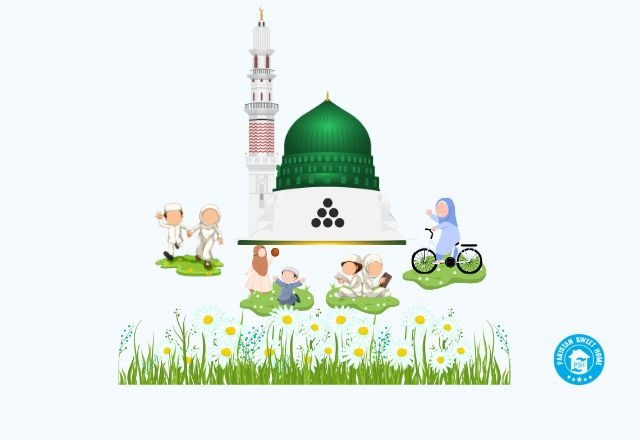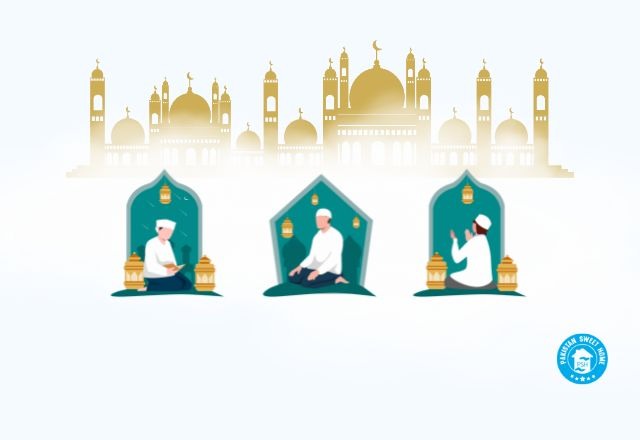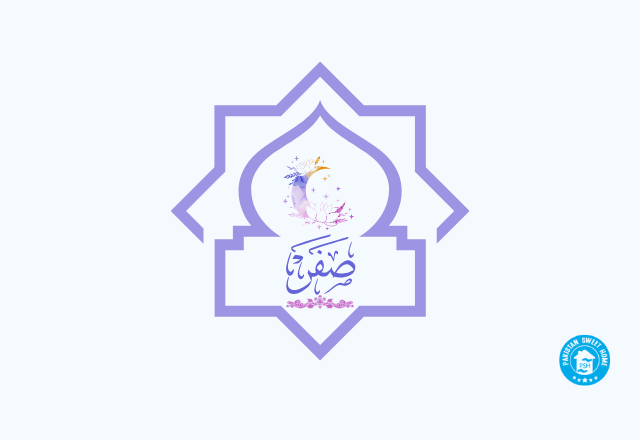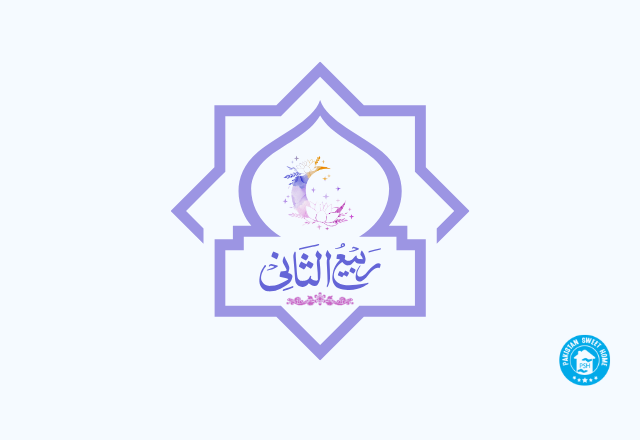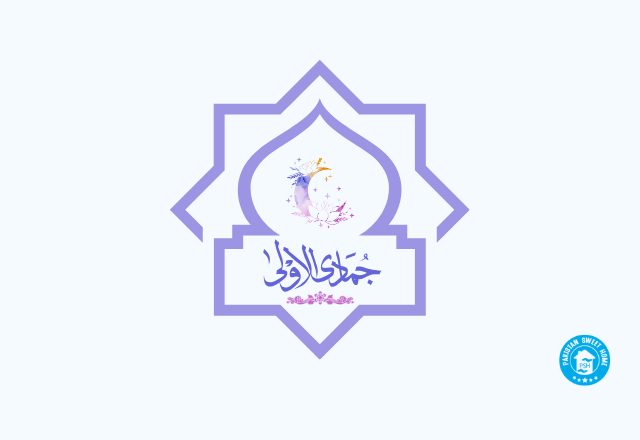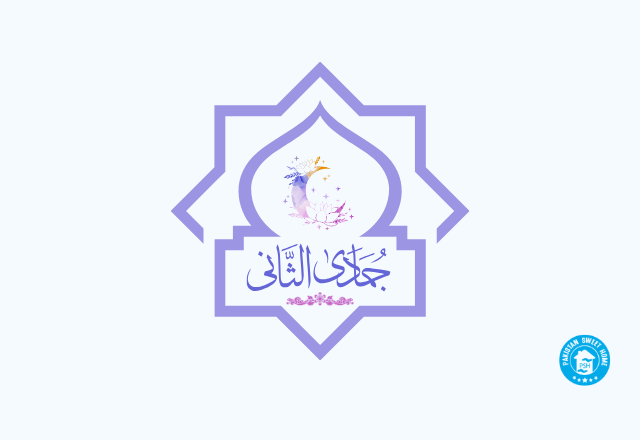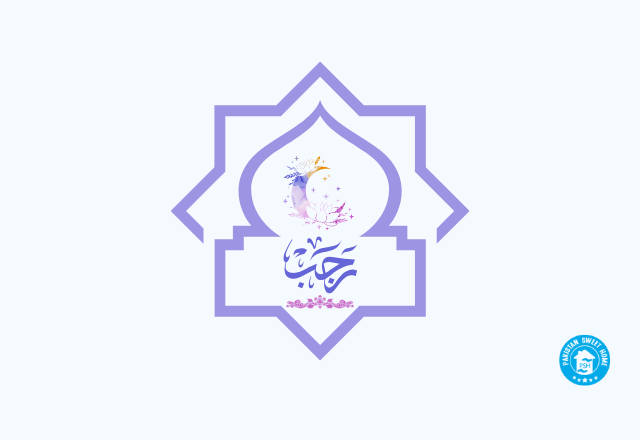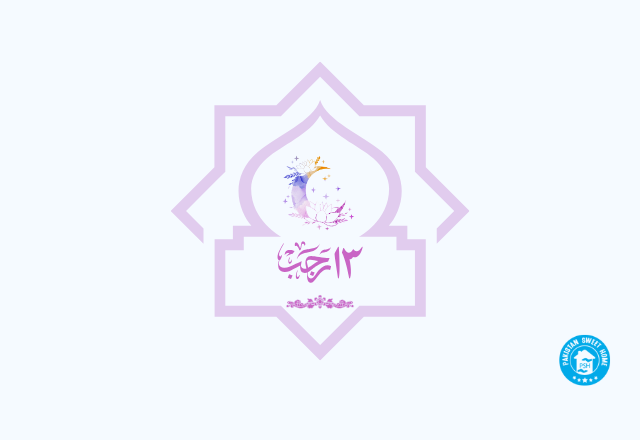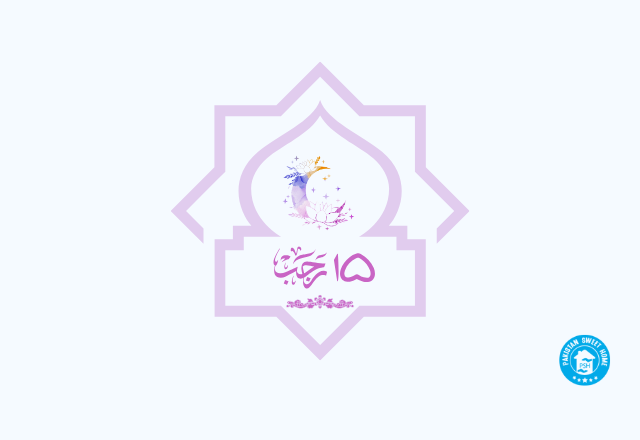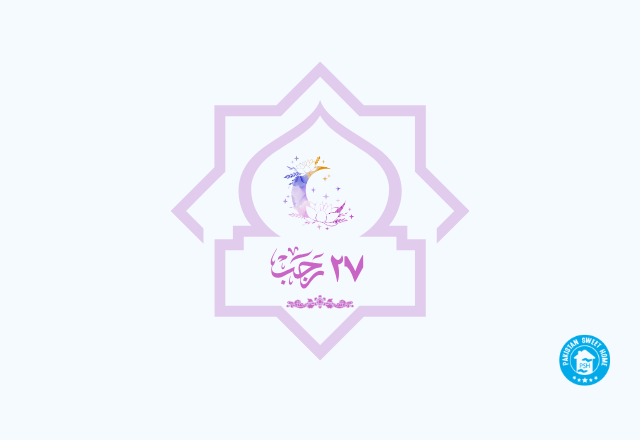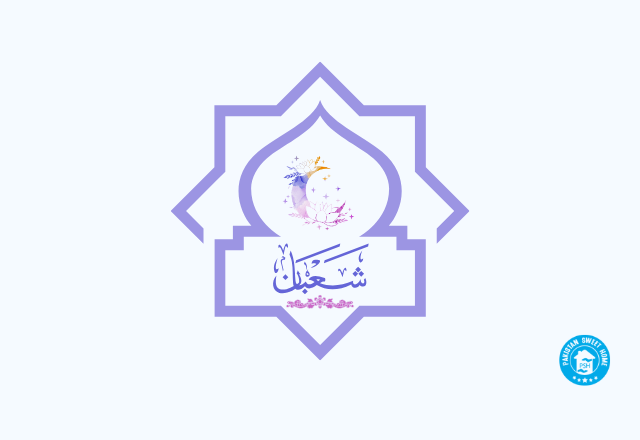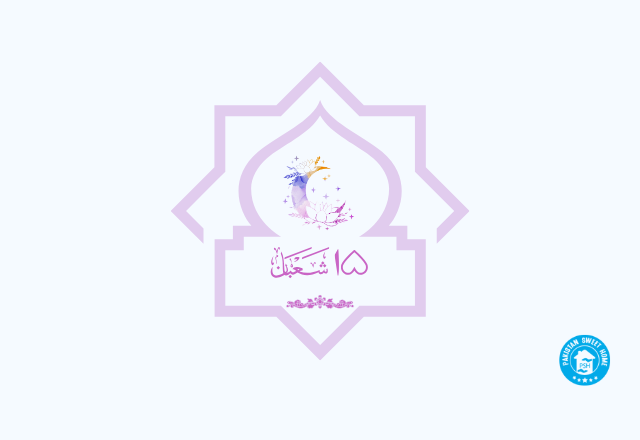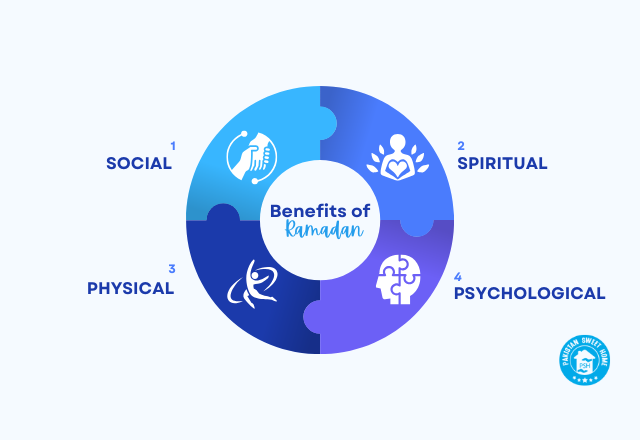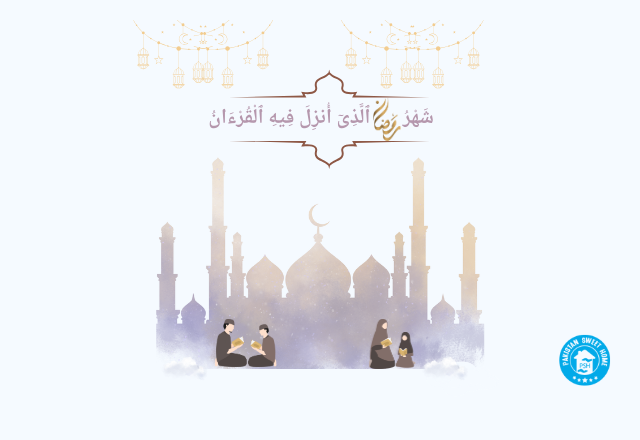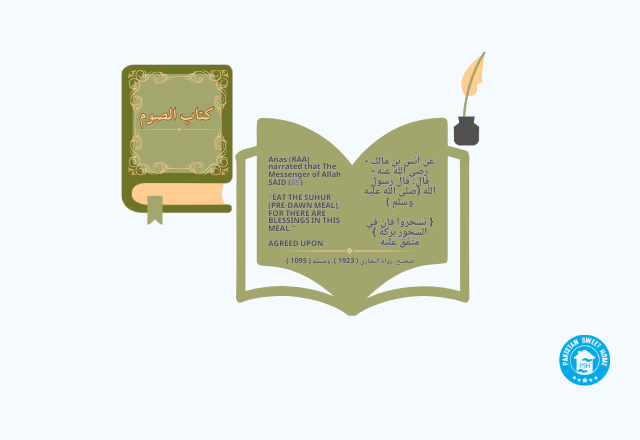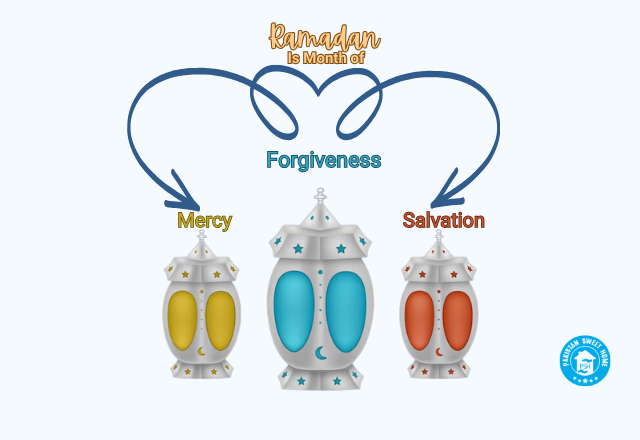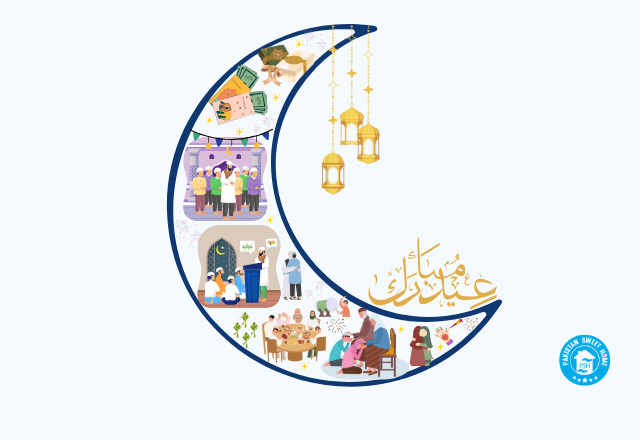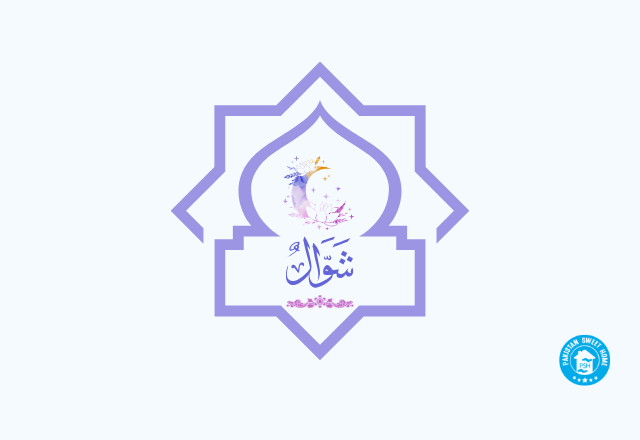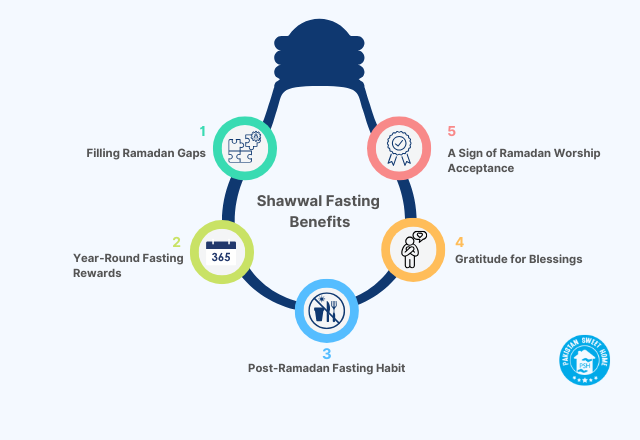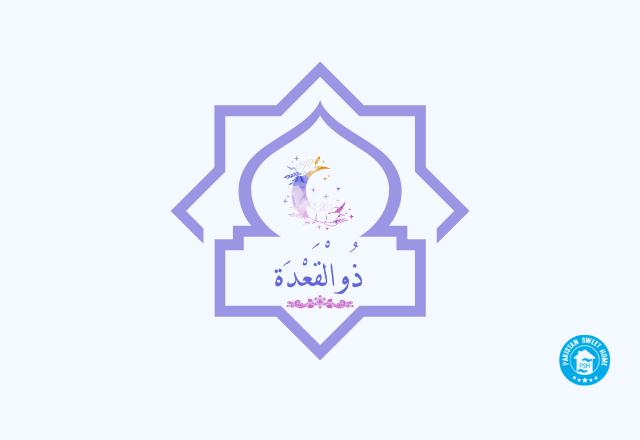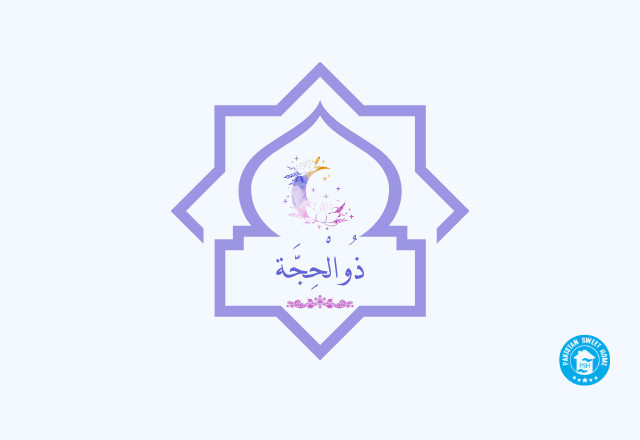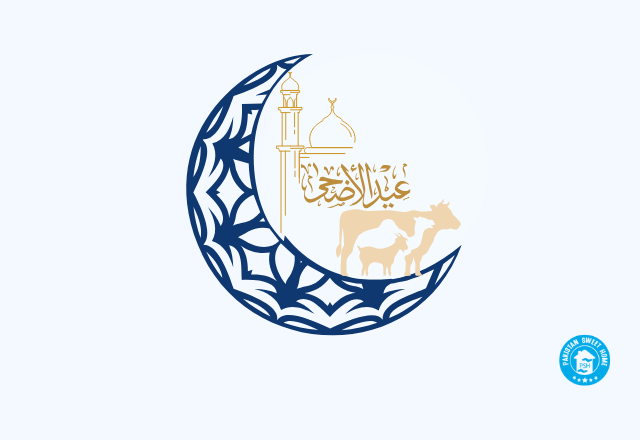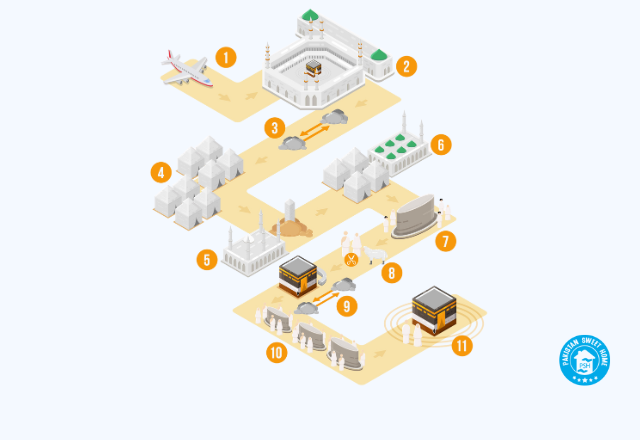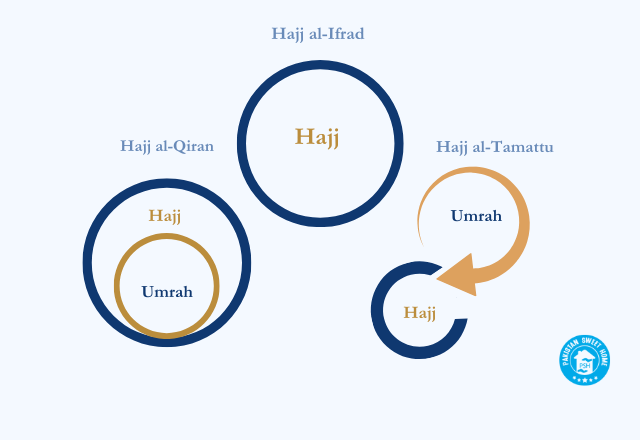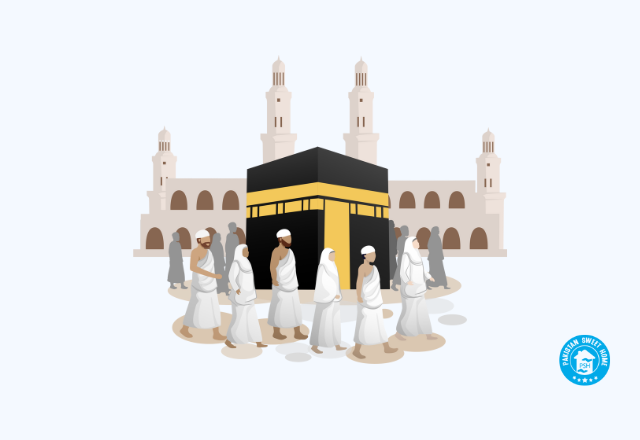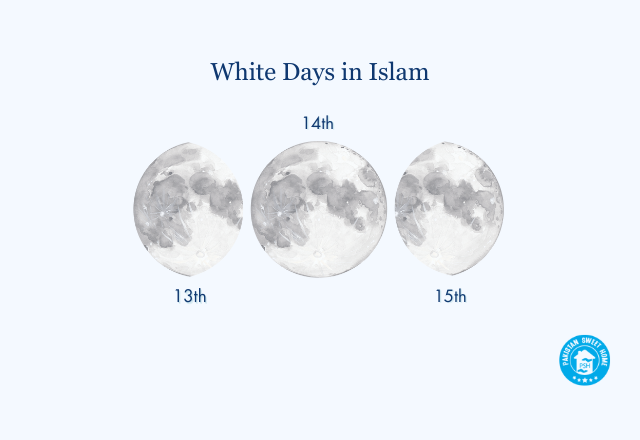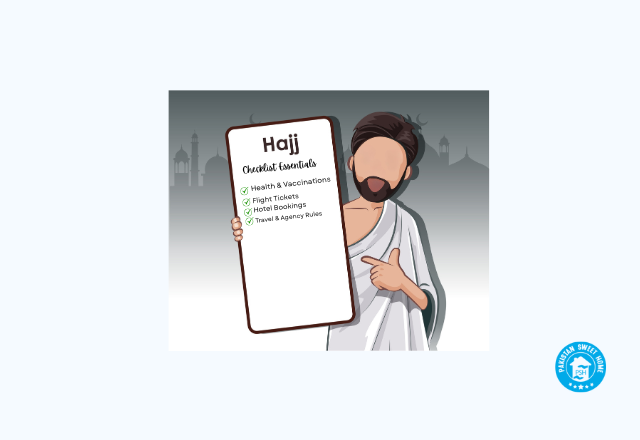Each year, the 1st of Muharram arrives with quiet dignity, often unnoticed or misunderstood by many Muslims.
While it doesn't call for celebration, it marks a turning point in Islamic history: the Prophet Muhammad’s (ﷺ) Hijrah from Makkah to Madinah.
This migration wasn’t just a physical journey; it was the foundation of the Islamic calendar and a symbol of sacrifice, resilience, and divine trust. Yet today, many overlook its deep significance or the wisdom it offers for starting a new year.
Let's explore the Islamic Hijri calendar, its significance, and when and how to start it.
What is the Islamic Hijri Calendar?
The Islamic New Year, also called Hijri or Arabic New Year, begins on the first day of Muharram.
The Islamic Calendar is a lunar calendar, marked by the moon’s orbit around the Earth. It is also known as the Hijri Calendar, beginning from the year 622 CE, when Prophet Muhammad (ﷺ) migrated from Makkah to Medina on 1st Muharram.
This event, known as the hijrah, marked the establishment of the first Islamic state in Medina and holds great significance for Muslims. The Hijri year was officially instituted as the first Islamic Hijri year by Caliph ‘Umar bin al-Khattab.
Reason Behind the Hijra Sharif
Here are the key reasons why the Hijrah Sharif holds such significance in Islamic history:
- The Hijrah Sharif was the migration of Prophet Muhammad (ﷺ) from Makkah to Madinah in 622 CE
- This event marks the beginning of the Islamic Calendar, signifying a crucial moment for the preservation of Islam
- The Prophet Muhammad (ﷺ) undertook this journey to escape the brutal oppression and opposition in Makkah
- He was accompanied by his close companion Abu Bakr (RA) during this migration
- The Prophet (ﷺ) entrusted his cousin Imam Ali ibn Abu Talib (AS) to stay behind and return the possessions of those who had entrusted them to him.
- This includes his enemies, demonstrating his trustworthiness (Ibn Hashim).
Narrated Abu Musa:
The Prophet (ﷺ) said, "I saw in a dream that I was migrating from Mecca to a land where there were date palm trees. I thought that it might be the land of Al-Yamama or Hajar, but behold, it turned out to be Yathrib (i.e. Medina).”
(Sahih al-Bukhari: 7035)
Why is the 1st Muharram Important?
On the 1st of Muharram, or the Islamic New Year, Muslims are not obligated to observe specific acts of worship.
However, it serves as a time for reflecting on the journey and challenges faced by Prophet Muhammad (ﷺ), His family, and early Muslims. This sacred month of Allah (Muharram) commemorates their sacrifices and the establishment of the first Islamic government and city.
وَلِلَّهِ مُلْكُ ٱلسَّمَـٰوَٰتِ وَٱلْأَرْضِ ۗ وَٱللَّهُ عَلَىٰ كُلِّ شَىْءٍۢ قَدِيرٌ إِنَّ فِى خَلْقِ ٱلسَّمَـٰوَٰتِ وَٱلْأَرْضِ وَٱخْتِلَـٰفِ ٱلَّيْلِ وَٱلنَّهَارِ لَـَٔايَـٰتٍۢ لِّأُو۟لِى ٱلْأَلْبَـٰبِ ٱلَّذِينَ يَذْكُرُونَ ٱللَّهَ قِيَـٰمًۭا وَقُعُودًۭا وَعَلَىٰ جُنُوبِهِمْ وَيَتَفَكَّرُونَ فِى خَلْقِ ٱلسَّمَـٰوَٰتِ وَٱلْأَرْضِ رَبَّنَا مَا خَلَقْتَ هَـٰذَا بَـٰطِلًۭا سُبْحَـٰنَكَ فَقِنَا عَذَابَ ٱلنَّارِ
“Surely in the creation of the heavens and the earth, and the alternation of the night and day are signs for people of understanding, those who remember Allah while standing, sitting or reclining, and reflect in the creation of the heavens and the earth, (saying):
“Our Lord! You have not created this in vain. Glory to you! Save us, then, from the chastisement of the Fire!”
(Surah Al Imran: 189-191)
When Does the Islamic New Year Begin?
Every year, the Islamic New Year starts with the sighting of the Moon. The entire Islamic calendar, including its religious and significant days, is based on the lunar calendar, causing it to shift forward by about 11-12 days each year compared to the Gregorian calendar, which follows the solar year.
How to Start the New Islamic Year?
As the Islamic New Year begins, Muslims should:
- Reflect on the past Islamic year, considering the decisions made, good and bad deeds, and changes in character.
- Evaluate how well they have fulfilled the rights of Allah and sought His pleasure.
- Use this reflection to make improvements in their lives to draw closer to Allah Almighty.
- Focus on identifying and correcting any bad qualities or manners that may hinder them from gaining Allah's pleasure.
- Commemorate the hardships and sacrifices of Prophet Muhammad (ﷺ) and his family
- Show gratitude for being Muslim and having the gift of Islam that illuminates their lives
- Follow the sunnah of fasting on the 9th and 10th of Muharram (the day of Ashura)
Dua for the New Islamic Year
Abdullah ibn Hisham (RA) narrates that the Companions (RA) used to learn the following supplication when the new month or new year commenced:
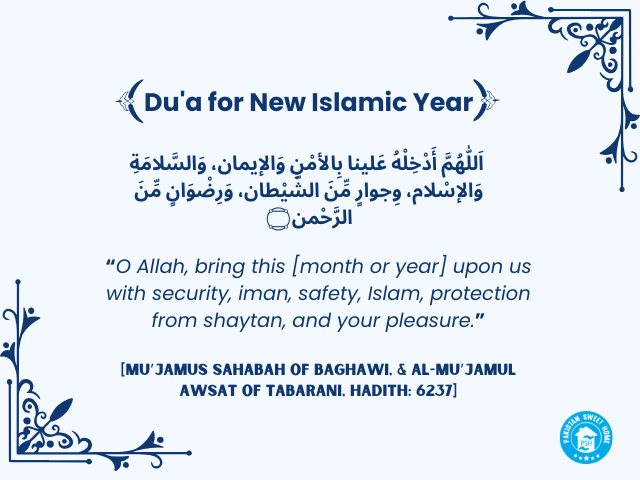
In conclusion, the Islamic New Year, starting on 1st Muharram, is a time of reflection, renewal, and spiritual growth for Muslims worldwide. The Hijri calendar, rooted in the historic Hijra, holds significant meaning and purpose in Islam.
The new year begins with the sighting of the moon, marking a fresh start. As part of the tradition, Muslims recite specific du'a to seek blessings and guidance for the year ahead.
Pakistan Sweet Home is a trusted orphanage home where every child is nurtured with love, care, and dignity. We provide more than shelter, offering healthcare, education, emotional support, and a strong foundation for life. Here, orphaned children aren't just cared for—they’re given a second chance to grow, dream, and belong.
Welcome the New Islamic Year with Sadaqah
Ali Raza holds a Master of Arts in Islamic Studies and is an expert in Islamic theology and jurisprudence. Specializing in Zakat, Sadaqah, and other Islamic donations, Ali's writings provide valuable insights into the religious and ethical aspects of charity. His work for Pakistan Sweet Homes aims to educate and inspire readers to support orphan care and charitable initiatives, making him a key contributor to the organization's mission.
Ali Raza holds a Master of Arts in Islamic Studies and is an expert in Islamic theology and jurisprudence. Specializing in Zakat, Sadaqah, and other Islamic donations, Ali's writings provide valuable insights into the religious and ethical aspects of charity. His work for Pakistan Sweet Homes aims to educate and inspire readers to support orphan care and charitable initiatives, making him a key contributor to the organization's mission.

info@pakistansweethome.org.pk
(051) 4865856
+92 335 1118477


